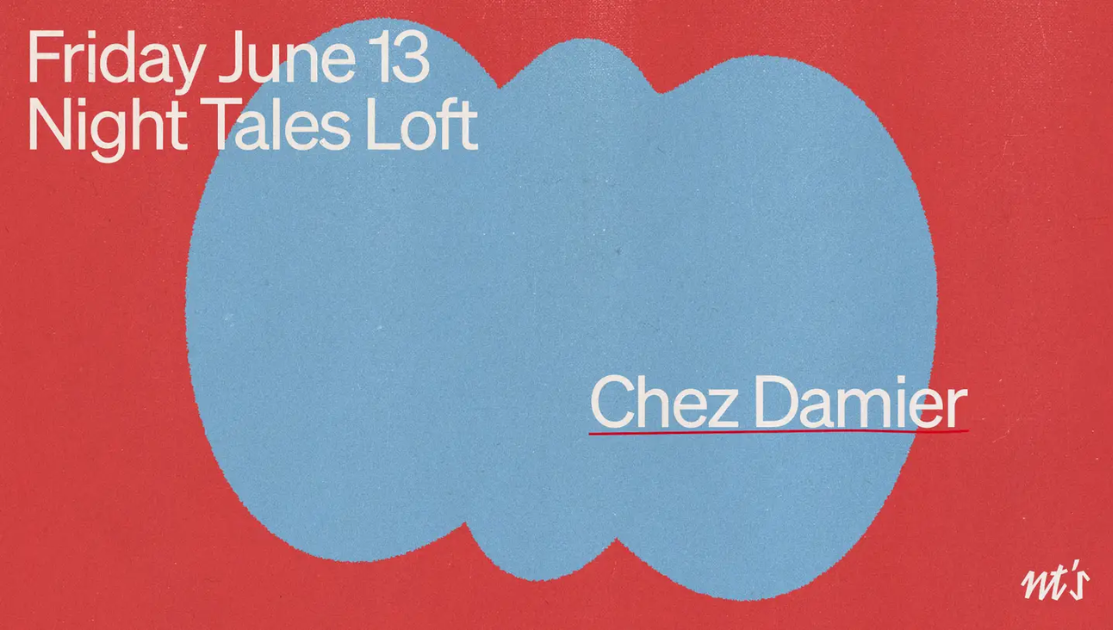Chez Damier - at NT’s Loft
House master Chez Damier takes a much-needed dip into London's dance scene for a solo set at the pictureesque NT's Loft.
This entry has expired.

Working behind the scenes, only truly known to those who live and breathe house, Chez Damier has done more for the scene than most. In his early 20s during Detroit's late '80s techno explosion, he co-founded the legendary Music Institute - the seminal club that became ground zero for the genre's pioneers. What made his trajectory remarkable was how quickly he transitioned from local DJ to international headliner, virtually overnight.
His musical education came from living in three crucial cities: Chicago "taught me the music," New York "taught me the understanding of it," and Detroit "taught me the technical aspect." This unique triangulation of influences - Chicago's soulful house, New York's eclectic club culture, and Detroit's mechanical precision - forged his distinctive approach just as techno was becoming a global movement.
The Music Institute's brief but incendiary run (1988-1990) became mythical, with its after-hours freedom and boundary-pushing sounds creating the perfect incubator for Detroit's second wave of techno innovators. His rapid rise from these basement parties to international touring exemplified how the city's underground was suddenly becoming the world's musical future."
Before launching the seminal Prescription Records with Ron Trent in 1993—a label that distilled deep house into its purest form—Chez Damier honed his ear as A&R for Kevin Saunderson’s KMS. His productions, like the humid NYC nightclub elegy “Morning Factory” or Stacey Pullen collaboration “Forever Monna” (its melodies flickering like porch lights in a Detroit summer), became blueprints for the genre. Yet Damier’s career defies nostalgia.
Where peers chased fame, he walked away at his commercial peak—terrified, as Chicago’s Adonis warned, of the irreversible compromises of scale. Tracks like “Can You Feel It (Club Vocal)” prove his genius for weaving soul into rhythm, but Damier seems indifferent to legacy. His work has always felt like a series of perfect, self-contained moments: the Prescription era’s flawless 1993-1995 run, those vanished nights at The Music Institute, the way he absorbed Chicago’s soul, New York’s edge, and Detroit’s mechanics into something quietly revolutionary.
An anti-careerist who shaped dance music’s DNA, then vanished into the next chapter.
Venue details
- Address:
- Night Tales Loft
- 207, 1 Westgate St
- London
- E8 3RL
- Contact:
- https://ra.co/events/2156775